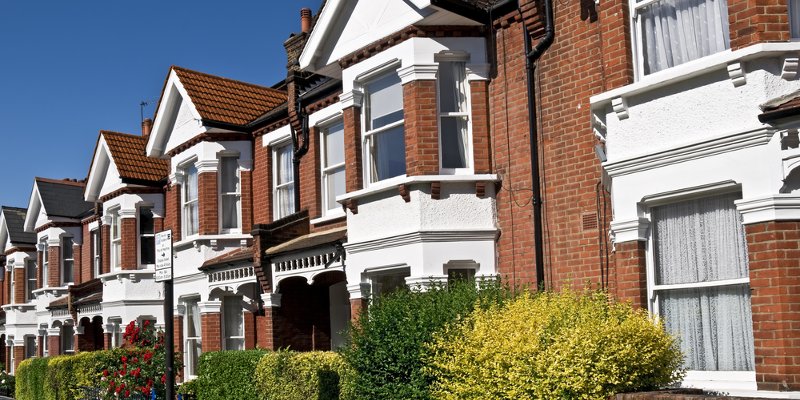Year-on-year prices are still up by 2.7% and on a quarterly basis they were 1.3% higher in the final quarter of the year compared with the third quarter.

Property prices were down 0.6% month-on-month at the end of 2017 with the average cost of a property standing at an average of £225,021, according to the latest Halifax House Price Index.
Year-on-year prices are still up by 2.7% and on a quarterly basis they were 1.3% higher in the final quarter of the year compared with the third quarter.
Russell Galley, managing director of Halifax Community Bank, said that while prices in the three months to December were 1.3% higher than in the previous quarter, there has been a gradual slowdown from 2.3% in both October and November.
He also pointed out that the annual rate of growth has also moderated to 2.7% from November’s 3.9% and the 0.6% fall in December was the first monthly decline in six months for the index.
He said: "As we’d anticipated, the housing market in 2017 followed a similar pattern to the previous year. House price growth slowed, whilst building activity, completed sales and mortgage approvals for house purchase all remained flat.
"This has been driven by a squeeze on real wage growth and continuing uncertainty over the economy. However, nationally house prices in 2018 are likely to be supported by the ongoing shortage of properties for sale, low levels of house building, high employment and a continuation of low interest rates making mortgage servicing affordable in relative terms."
Overall the Halifax expects annual price growth to continue in the range of 0% to 3% at the end 2018. Galley explained that the main driver of this forecast is the continuing effects of the squeeze on spending power as inflation has outstripped wage growth and the uncertainty regarding the prospects for the UK economy next year.
Jeff Knight, director of marketing at Foundation Home Loans, said the recent stamp duty cut for first-time buyers and continued demand will inject additional momentum into the property market.
"Despite announcements in the Autumn Budget focused on sorting the lack of supply once and for all, the fact remains that not enough homes are being built, which continues to inflate prices even in the previously more affordable regions outside London.
"Until supply catches up, it’s crucial that supportive measures are put in place to ensure the rental sector is supported. Improving the quality and choice of rental homes for tenants must be top of the priority list for the year ahead.
Jonathan Samuels, CEO of Octane Capital, added:"As with the Nationwide last week, Halifax's verdict on 2017 is of a flat and uneventful year, restrained by economic uncertainty in the light of Brexit and consumer caution given the high cost of living.
"Few would argue with the Halifax's conclusion that UK price growth is likely to remain pedestrian at best during 2018.Low single digit growth is about as exciting as it's going to get, but in reality this is a positive for the market given the affordability crisis in many areas of the country.
"The market pausing for breath enables people to catch theirs. High living costs coupled with low or negative wage growth are creating a lot of uncertainty and many households are minded to sit tight rather than transact.
"Prices would perhaps have fallen further were it not for the sheer lack of supply.It's the lack of supply rather than the strength of demand that is keeping annual price growth in the black."


